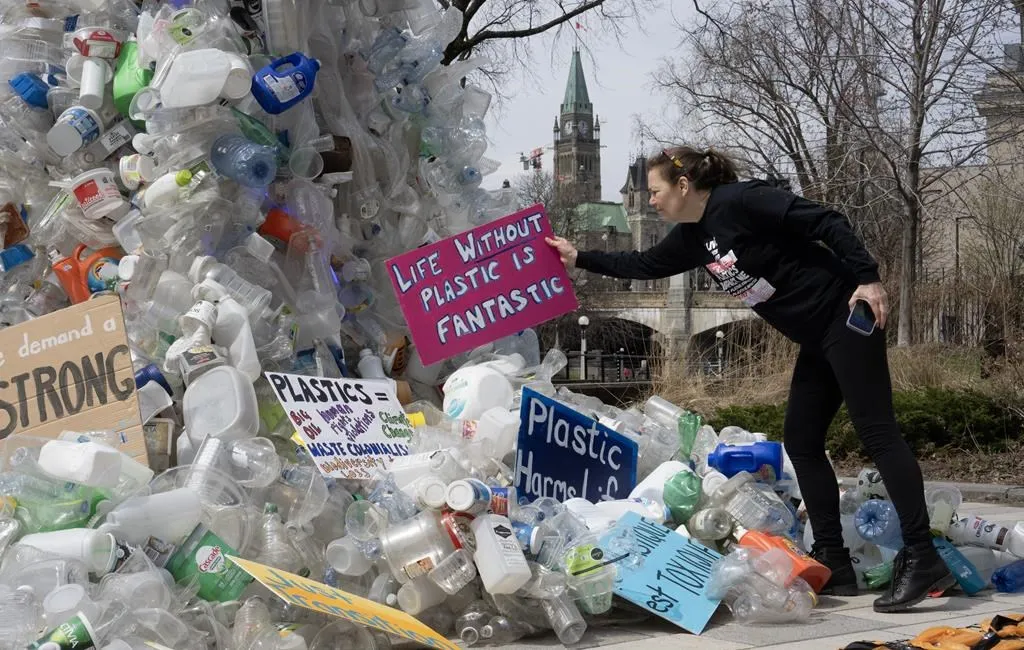Countries continue to disagree on the degree of ambition that the world’s first plastics treaty should include as the negotiations draw to a close.
Countries continue to disagree on the degree of ambition that the world’s first plastics treaty should include as the negotiations draw to a close. Before the anticipated agreement in December, a series of smaller meetings are being considered as a means of closing this gap.
The focal point of contention revolves around whether the treaty should advocate for reducing the production of plastics. During the final week of negotiations in Ottawa, over 60 nations rallied behind the idea of including production caps within the treaty framework. The High-Ambition Coalition, comprising Rwanda, Peru, the European Union, Norway, Ghana, and other nations, emphasized the necessity of studying the feasibility of reducing certain types of plastics.
Juliet Kabera, Rwanda’s chief negotiator, highlighted the urgency, stating that current plastic production levels are unsustainable and outstrip recycling and waste management capacities. Proposing a method for establishing baseline plastic consumption levels in each country, Rwanda and Peru advocate for preventing overproduction, a move they believe will inform the final treaty effectively.
However, these efforts face staunch opposition from petrochemical-producing giants like Saudi Arabia and China. Yang Xiaoling, China’s lead negotiator, argued for focusing discussions on less contentious issues, such as redesigning plastic products for increased recyclability.
During the talks’ final day, countries formed working groups to address various aspects of the prospective treaty, including financial arrangements. While the chair of the talks, Luis Vayas Valdivieso of Ecuador, announced plans for continued negotiations through working groups, the fate of production limits in these discussions remains uncertain.
Unlike previous instances where objections stalled progress, there is a consensus on establishing intersessional working groups to advance negotiations. In contrast to the Nairobi talks, where Saudi Arabia and the Like-Minded Group obstructed work outside official summits, this marks a significant step forward.
The Ottawa talks witnessed a diverse array of attendees, with thousands participating, including hundreds of lobbyists representing fossil fuel and chemical industries. Despite the complexities, some delegates express optimism about transitioning from posturing to substantive negotiations.
Santos Virgilio, Angola’s negotiator, emphasized the need for goodwill and constructive dialogue to formulate solutions. With the December deadline looming, the international community faces a critical juncture in addressing the global plastic crisis.
